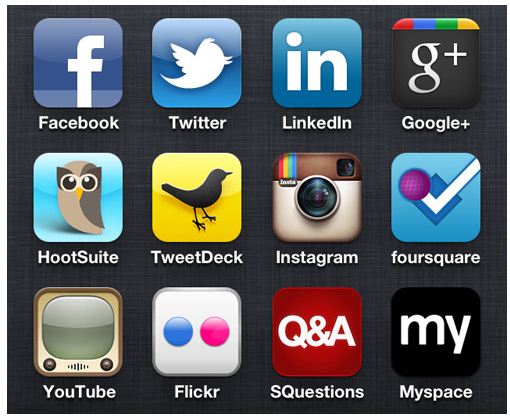Free To Be MEAN: Internet Leads To More Instances Of Bad Behavior; Consequences Can Be Severe

Social media is a way of getting in contact with friends, expressing yourself and sharing opinions; however, often the negative effects of being part of a virtual world are more severe than the benefits when people forget that social media is public.
41% of social media-using teens have experienced at least one negative outcome as a result of using a social networking site, according to Pew Research Center.
“People put too much private information on the Internet,” technology teacher David White said. “There is not a lot of face to face contact anymore. People are much bolder behind a computer screen than if they were actually in front of the person.”
15% of Americans have never checked their social networking privacy and security account settings according to the National Cyber Security Alliance (NCSA). Experts say too many people are leaving their profiles open to the public where anyone can see anything they post and private information on their profile.
“There is a sense of invincibility on the Internet,” White said. “People just post whatever they want without thinking it through and end up losing their job or getting in trouble at school.”
6% of students have gotten in trouble at school because of an experience on a social networking site according to a MacAfee online safety study. Some argue that being punished for sharing opinions on networking sites is going against the 1st amendment.
“I believe in free speech,” history teacher and tennis coach Kyle Apperson said. “This is America.”
White also believes in free speech, but wants students to realize there is a consequence for every action.
“You can’t take back something once you put it on the internet,” White said. “It’s there forever, and anyone could see it.”
72% of teens have a social networking profile, and nearly half have a public profile viewable by anyone according to NCSA. Teens generally lack awareness of what can result from posting their information online for everyone to see.
“We should probably tell them if they are associated with Rider (tennis) don’t post things that are offensive,” Apperson said. “I would tell them to think before you tweet, before you immediately post something.”
White used to be a coach and said athletes especially were held to a higher standard.
“If you’re a part of a team you are expected to act and carry yourself a certain way,” White said. “You can’t just say whatever you want and get away with it.”
The average Facebook user has 130 friends on their profile, according to socialmediafacts.com
“It’s like people use these sites as competitions to see who can get the most friends or the most attention,” White said.
With the growing amount of time people are spending on social networking sites, the more likely it is that private information and posts will cause problems for the creator.
“The bottom line is everyone makes mistakes,” Apperson said. “If one of my athletes or students was posting bad stuff, I would sit down with them and have a long talk about what they are doing and the consequences.”
Sometimes the consequences can even be life changing. 53% of employers research potential job candidates on social networking sites according to macworld.com. Obama Campaign Co-Chair Eva Longoria was under fire for a tweet, and many people called for her resignation. Just because social-networking is part of one’s private life, doesn’t mean that it won’t affect one’s public life or even job.
“I know everyone makes mistakes, but putting offensive and impulsive things under your name is a pretty big one,” White said. “Kids have to realize just because you have had a bad day or are blowing off steam, doesn’t mean you can say whatever you want without any reaction.”
